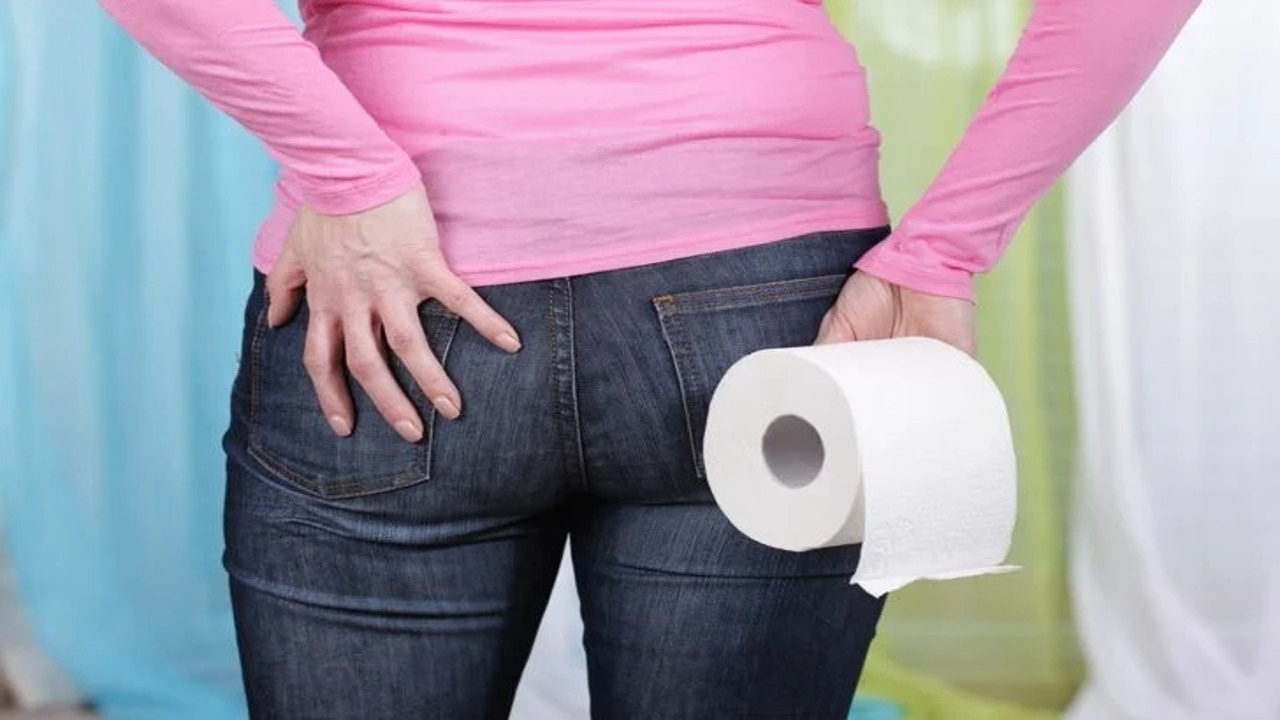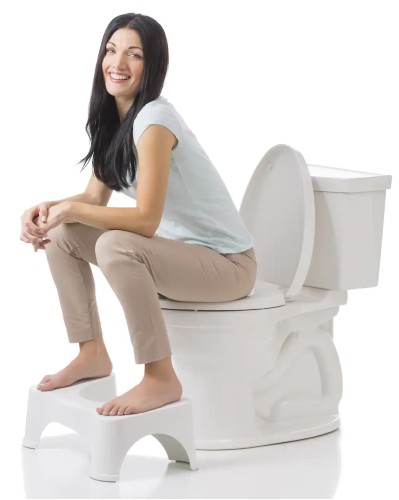
Constipation can lead to other serious health issues
Aug 16, 2022Let’s start with what Constipation feels like
- Difficult and painful bowel movements.
- Bowel movements fewer than three times a week.
- Feeling bloated or uncomfortable.
- Feeling sluggish.
- Abdominal pain.
Constipation can result from diet changes, insufficient water intake, not enough fiber, tight muscles, hormone challenges, thyroid disorders, medication....so many things!
Bowel movements are intended to happen every day - at least once per day and if you are not eliminating daily then you are literally not getting the shit out.
Our bodies are an ecosystem, and everything is interconnected. When one function isn’t working, this can cause issues in other areas. When stool is not being eliminated , it can put pressure on the vaginal wall and bladder leading to urinary urgency and it can contribute to straining which can then contribute to pelvci organ prolapse.
Constipation and Incontinence
Straining for too long may cause urinary urgency and stress urinary incontinence. Fecal or Anal Incontinence can also result from poor muscle tone in the pelvic floor or damage to the anal sphincter.
Constipation and Prolapse
Many women deal with chronic constipation and think it a normal occurrence. They feel that there is so much to do during the day and either put off having a bowel movement or rush and don’t spend enough time in the bathroom, which can turn into chronic constipation. In fact, it may lead to a more serious health issue called Pelvic Prolapse. Prolapse can occur in the bladder, the uterus and/or the rectum.
If you are suffering from pain during a bowel movement in the rectum, rectal bleeding, constipation, have difficulty urinating or have urges to go often, are experiencing pain during intercourse, or feel like something is bulging into the vagina, these are signs of pelvic prolapse.
Stress
Constipation also makes your body anxious as it causes you to build up a significant amount of toxicity, which irritates and creates stress on your system. When the colon's muscle contractions are slow or sluggish, the stool moves through the colon too slowly, absorbing too much water.
Some of the most common causes of constipation are:
- Eating foods low in fiber.
- Dehydration - not drinking enough water
- Not getting enough exercise.
- Changes in your regular routine, such as travelling, eating or going to bed at different times.
- Eating large amounts of milk or cheese.
- Changes in habits or lifestyle, such as pregnancy, and aging
- Resisting the urge to have a bowel movement.
What can we do to prevent constipation and other serious health issues?
Making simple changes to your eating and lifestyle is a good start. Do not delay going to the bathroom if you have the urge. Raising your knees above your hips may help. A great product on the market called a squatty potty will assist in raising your knees.

Personally, being someone who has had a rectocele and uterine prolapse (read about my journey below), this is my daily routine:
- I start my morning with a liter of water and then drink another 2 liters over the course of the day
- I aim for between 25-30 grams of of fiber a day - a balance of soluble and insoluble
- Here is an article explaining the difference - Soluble and insoluble fiber: What is the difference?
- I move every day – Walking is great if you are not up to other forms of exercise.
- At night I take my fave probiotic, and magnesium citrate
- I have a regular wake/sleep time and routine
- When I travel I use senokot-S
Exercise
I exercise most days. Hypopressives 4-5 times a week, walk most days, resistance training 3-5 days, yoga 1-2 times and cardio 1-2 times. Movement is essential for so many things...including out bowels.
I incorporate my pelvic floor exercise into my movement - you can learn how to do that in my Buff Muff Membership where I also cover constipation in greater detail and offer my smooth moves meal plan.




